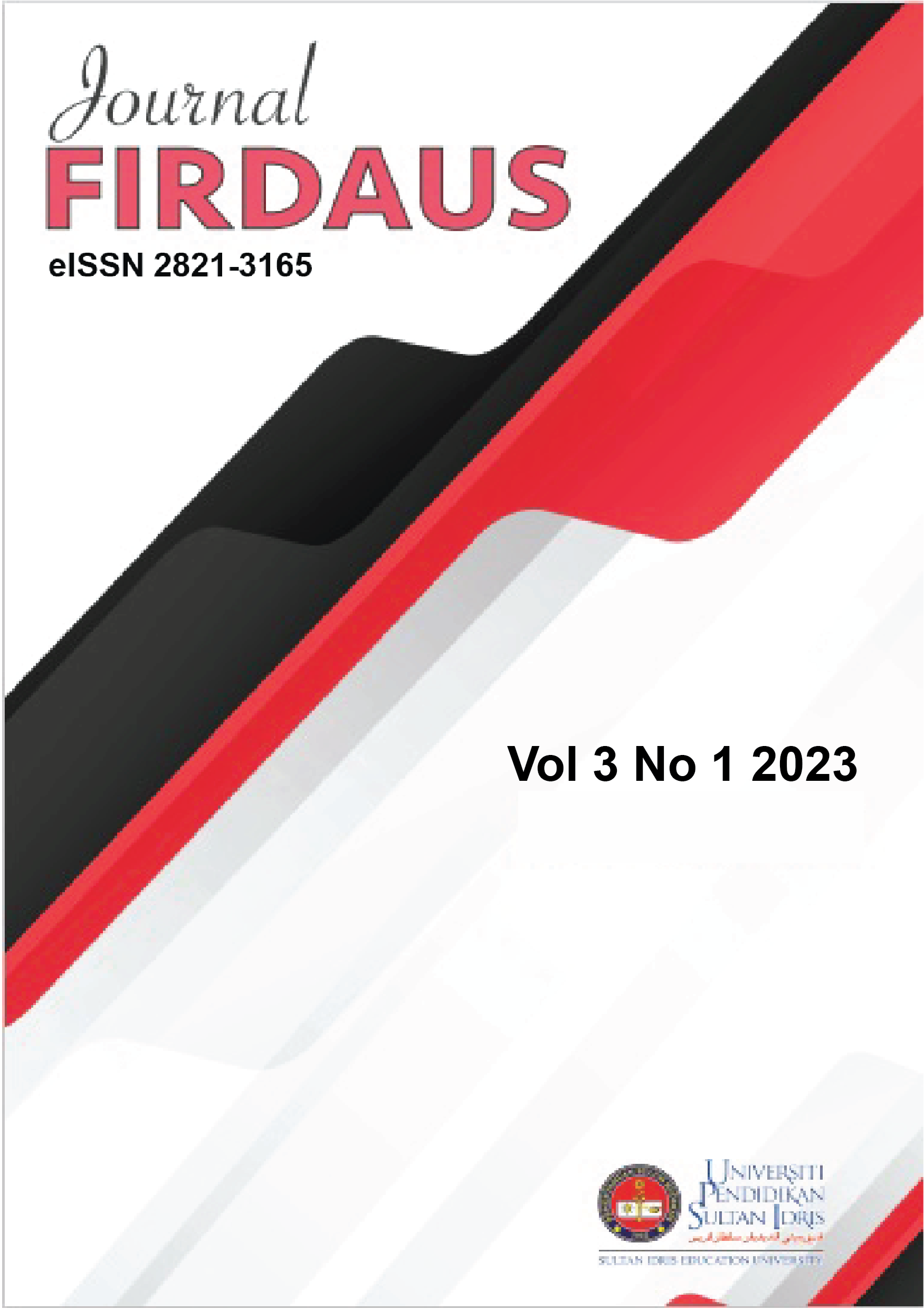Digitization of Zakat and Charity BAZNAS Tangerang City through Crowdfunding Platform tangerangsedekah.id
DOI:
https://doi.org/10.37134/firdaus.vol3.1.9.2023Keywords:
digitalization, Zakat, Charity, crowdfunding, BAZNASAbstract
This study aims to analyze the effectiveness of crowdfunding platforms in increasing zakat and charity collection in BAZNAS Tangerang City. Digitization of zakat and charity is one way of paying zakat and charity without knowing time and location restrictions. Tangerangsedekah.id is an online crowdfunding platform provided by BAZNAS Tangerang City as one of the effective, efficient, and transparent steps in collecting zakat and charity funds. This study used qualitative descriptive methods with in-depth interviews with BAZNAS Tangerang City staff and tangerangsedekah.id platform users. The results showed that digitizing zakat and charity through crowdfunding platforms can increase the efficiency and effectiveness of collecting zakat and alms funds. This platform is also able to increase transparency in the management of zakat and alms funds. However, efforts are needed to expand the reach of this platform so that more people are involved in collecting zakat and alms funds so that funds are collected through tangerangsedekah.id platform can be more optimal
Downloads
References
Afrilda, R. (2018). Dampak Zakat Produktif Melalui Z-Mart Terhadap Kondisi Sosial Ekonomi Kaum Dhuafa Di Desa Secanggang Kabupaten Langkat [Skripsi, Universitas Islam Negeri Sumatera Utara Meddan]. http://repository.uinsu.ac.id/5399/
Friantoro, D., & Zaki, K. (2018). Do We Need Financial Technology for Collecting Zakat? International Conference of Zakat. https://doi.org/10.37706/iconz.2018.133
Hafidhuddin, D. (2019). PERAN STRATEGIS ORGANISASI ZAKAT DALAM MENGUATKAN ZAKAT DI DUNIA. Al-Infaq: Jurnal Ekonomi Islam, 2(1), Article 1. https://doi.org/10.32507/ajei.v2i1.361
Indonesia, C. N. N. (t.t.). Realisasi Pengumpulan Zakat di RI Baru Rp14 T pada 2021. ekonomi. Diambil 8 Juni 2023, dari https://www.cnnindonesia.com/ekonomi/20220412105424-532-783588/realisasi-pengumpulan-zakat-di-ri-baru-rp14-t-pada-2021
Nambisan, S., Wright, M., & Feldman, M. (2019). The digital transformation of innovation and entrepreneurship: Progress, challenges, and key themes. Research Policy, 48(8), 103773. https://doi.org/10.1016/j.respol.2019.03.018
Ninglasari, S. Y., & Muhammad, M. (2021). Zakat Digitalization: Effectiveness of Zakat Management in the Covid-19 Pandemic Era. Journal of Islamic Economic Laws, 4(1), Article 1. https://doi.org/10.23917/jisel.v4i1.12442
Owoyemi, M. Y. (2020). Zakat management: The crisis of confidence in zakat agencies and the legality of giving zakat directly to the poor. Journal of Islamic Accounting and Business Research, 11(2), 498–510. https://doi.org/10.1108/JIABR-07-2017-0097
Priatmoko, S., & Putri, R. L. (2021). Zmart for Empowerment Community Welfare. International Journal of Zakat, 6(3), Article 3. https://doi.org/10.37706/ijaz.v6i3.308
Rachman, M. A., & Salam, A. N. (2018). The Reinforcement of Zakat Management through Financial Technology Systems. International Journal of Zakat, 3(1), Article 1. https://doi.org/10.37706/ijaz.v3i1.68
Saad, R. A. J., Farouk, A. U., & Abdul Kadir, D. (2020). Business zakat compliance behavioral intention in a developing country. Journal of Islamic Accounting and Business Research, 11(2), 511–530. https://doi.org/10.1108/JIABR-03-2018-0036
Srinovita, Y., Kuswandi, D., Asmita, B., & Fahrudin, F. (2019). The Impact of Z-Mart BAZNAS Program on Community Welfare Enhancement. International Conference of Zakat, 160–167. https://doi.org/10.37706/iconz.2019.168
Studies, B. C. of S. (2022). Indikator Pemetaan Potensi Zakat (IPPZ). BAZNAS Center of Strategic Studies. Diambil 15 Mei 2022, dari https://www.puskasbaznas.com/publications/books/976-indikator-pemetaan-potensi-zakat-ippz
Suprayitno, E., Aslam, M., & Harun, A. (2017). Zakat and SDGs: Impact Zakat on Human Development in the Five States of Malaysia. International Journal of Zakat, 2(1), Article 1. https://doi.org/10.37706/ijaz.v2i1.15
Utami, P., Suryanto, T., Nasor, M., & Ghofur, R. A. (2020). The Effect Digitalization Zakat Payment Against Potential of Zakat Acceptance in National Amil Zakat Agency. IQTISHADIA, 13(2), 216. https://doi.org/10.21043/iqtishadia.v13i2.7809
Wibisono, Y. (2015). Mengelola Zakat Indonesia. Kencana.
Yusfiarto, R., Setiawan, A., & Nugraha, S. S. (2020). Literacy and Intention to Pay Zakat. International Journal of Zakat, 5(1), Article 1. https://doi.org/10.37706/ijaz.v5i1.221
Dugaan Penyelewengan Dana ACT. (t.t.). Diambil 20 Desember 2022, dari https://news.detik.com/berita/d-6173269/7-dugaan-penyelewengan-dana-act
Downloads
Published
How to Cite
Issue
Section
License
Copyright (c) 2023 Abdul Rachman, Indri Oktoviani, Pani Manurung

This work is licensed under a Creative Commons Attribution-NonCommercial-ShareAlike 4.0 International License.





